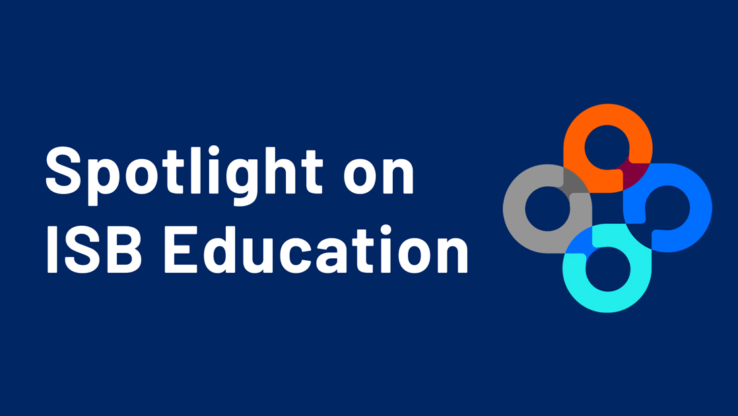ISB Gets $1.7M to Study Cancer Drug Resistance
 isbscience.org/news/2015/02/09/isb-gets-1-7m-to-study-cancer-drug-resistance/
isbscience.org/news/2015/02/09/isb-gets-1-7m-to-study-cancer-drug-resistance/
Congratulations to the Sui Huang Lab at ISB which has received a five-year $1.7 million R01 award from the National Institutes of Health and National Institute for General Medical Sciences to study cancer sub-population dynamics to understand and develop drugs to inhibit lethal cancer-drug resistance. The project proposal states that the work will: “develop a quantitative and formal framework for describing the temporal evolution of cell phenotype distribution in a tumor cell population to address the unmet need to understand how heterogeneity and subpopulation dynamics of tumor cell populations affect drug response.”
Learn more:
Cancer Treatment: A Systems Approach
New Principle of Chemo-Resistance Sheds Light on Cancer Evasiveness
Biggest Family Tree of Human Cells May Help Develop Cell-Replacement Therapies




